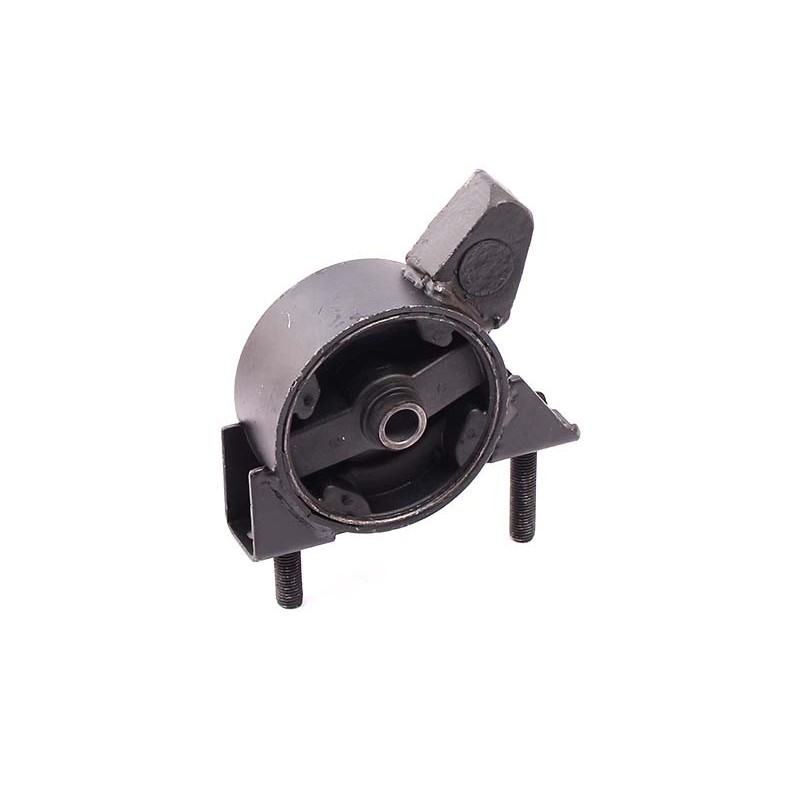Toyota Tazz: A Smart Investment for Those Seeking Low-Cost Maintenance
Toyota Tazz: A Smart Investment for Those Seeking Low-Cost Maintenance
Blog Article
Explore the most up to date Trends in Engine Innovation Through Tazz
In the swiftly advancing landscape of automobile technology, Tazz stands at the leading edge, highlighting substantial innovations in engine systems that focus on both innovation and sustainability. tazz. From hybrid engines that maximize gas efficiency to the development of hydrogen fuel cells, the trends forming modern-day powertrains are not just improving performance but also resolving crucial ecological difficulties. As the market continues to press borders, it is vital to consider just how these growths will influence future transportation options and the wider effects for international energy usage. What exists in advance in this essential makeover?
Hybrid Engine Innovations
Hybrid engine technologies stand for a critical shift in vehicle innovation, incorporating the advantages of internal burning engines with electric propulsion systems. This integration not only improves fuel effectiveness yet also lowers discharges, conference increasingly rigid ecological guidelines. By making use of both power sources, hybrid engines can optimize efficiency, delivering power when needed while conserving gas during less demanding motoring conditions.
Current advancements in crossbreed modern technology include renovations in battery performance and regenerative stopping systems. These technologies enable greater energy healing during slowdown, which can be redirected to help in acceleration or power accessory systems. Manufacturers are concentrating on light-weight materials and compact layouts to make the most of the performance of hybrid powertrains.
The growth of plug-in crossbreeds has actually additionally expanded the market, enabling chauffeurs to charge their lorries making use of typical electric outlets. This function often enables for substantial all-electric range, more reducing reliance on conventional fuels. tazz. As the auto market remains to advance, hybrid engine modern technologies are anticipated to play a vital duty in bridging the void in between conventional automobiles and fully electric models, supplying a transitional remedy that provides to diverse consumer requirements and preferences
Developments in Electric Powertrains
The auto landscape is swiftly evolving, with electric powertrains arising as a leading pressure in sustainable transportation. Advancements in electrical vehicle (EV) modern technology are substantially boosting user, efficiency, and effectiveness experience. Secret technologies include enhancements in battery chemistry, which have increased energy density, decreased charging times, and extended total battery life.
Solid-state batteries, for instance, guarantee to reinvent the marketplace by offering higher security and effectiveness compared to traditional lithium-ion cells. Innovations in regenerative braking systems are enabling vehicles to recuperate energy throughout deceleration, contributing to total effectiveness.
In enhancement to battery technology, electric motor layouts are becoming extra innovative. Advancements such as incorporated motors and advanced thermal management systems are aiding to maximize power distribution and reduce weight, eventually boosting car characteristics.

Jointly, these advancements highlight the commitment to shift in the direction of cleaner, extra effective transport services, positioning electrical powertrains at the leading edge of vehicle development.
The Surge of Hydrogen Gas Cells
Significantly, hydrogen gas cells are acquiring grip as a practical option to standard inner burning engines and battery electric lorries. This innovation utilizes the chemical energy saved in hydrogen, converting it into power through an electrochemical response with oxygen. The key result of this procedure is water, making hydrogen gas cells an ecologically pleasant option with zero discharges at the tailpipe.

Car manufacturers are increasingly purchasing hydrogen gas cell technology, acknowledging its capacity for long-range applications and quick refueling capabilities that rival standard fuels. Furthermore, fields such as heavy-duty transport and public transit are especially well-suited for hydrogen fuel cells, where battery electric solutions might drop short because of weight and variety limitations.
As study and investment remain to broaden, hydrogen fuel cells are poised to play a considerable role in the future landscape of clean transport and power services.
Enhancements in Internal Combustion Engines
Developments in inner combustion engine (ICE) modern technology are changing standard cars to fulfill contemporary environmental criteria and efficiency expectations. One of one of the most substantial improvements entails the assimilation of sophisticated gas injection systems. These systems optimize the air-fuel mix, improving burning efficiency and resulting in decreased discharges. Direct fuel injection, for example, enables for far better atomization of fuel, resulting in more full combustion and improved power output.
Additionally, turbocharging has acquired importance, allowing smaller sized engines to supply higher efficiency without the weight of bigger engines - tazz. This innovation not just boosts efficiency but likewise adds to decrease gas consumption. Variable valve timing systems are additionally being fine-tuned, enabling engines to adapt to different driving problems for enhanced torque and responsiveness
Moreover, making use of lightweight materials in engine building and construction is becoming standard, further boosting fuel performance by decreasing total lorry weight. Engine control systems (ECUs) are significantly innovative, making it possible for real-time modifications that enhance efficiency and exhausts.
These enhancements jointly indicate a pivotal shift in ICE technology, straightening with you can try these out worldwide sustainability goals while still providing the efficiency vehicle drivers anticipate from their cars. As the sector progresses, these renovations continue to shape the future of conventional auto engineering.
Future Fads in Engine Effectiveness
Substantial developments in engine efficiency are expected as manufacturers concentrate on incorporating innovative innovations to satisfy stringent ecological guidelines and consumer needs. The change towards electrification, crossbreed systems, and different gas is reshaping the automotive landscape, driving innovations that enhance gas economic situation and minimize emissions.
Among the key patterns is the execution of advanced materials and manufacturing techniques. Light-weight composites and high-strength alloys add to minimized automobile weight, hence enhancing overall efficiency. Furthermore, the adoption of turbocharging and variable shutoff timing innovations permits boosted power outcome from smaller sized engines, additionally improving gas economic situation.

Final Thought
Finally, the exploration of engine technology exposes significant developments that prioritize sustainability and efficiency. Technologies in hybrid engine systems, electrical powertrains, and hydrogen gas cells demonstrate a commitment to decreasing exhausts while boosting performance. Moreover, renovations in inner combustion engines and an emphasis on light-weight materials add to general engine effectiveness. As the vehicle industry remains to evolve, these patterns will play a critical duty in shaping a cleaner and more sustainable future for transportation.
From hybrid engines that enhance gas effectiveness to the emergence of hydrogen gas cells, the patterns shaping modern-day powertrains are not only improving performance however additionally dealing with important ecological obstacles.Hybrid engine technologies stand for a critical change in auto modern technology, incorporating the advantages of internal combustion engines with electrical propulsion systems.Furthermore, turbocharging has actually gained prestige, allowing smaller sized engines to supply higher efficiency without the weight of bigger engines. In addition, the adoption of turbocharging and variable valve timing modern technologies enables for improved power outcome from smaller engines, further his explanation boosting fuel economic situation.
Improvements in interior combustion engines and an emphasis on light-weight materials add to overall engine performance.
Report this page